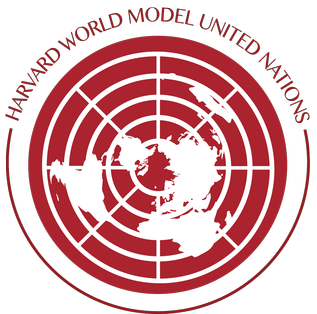Justin Curcio
arctic@worldmun.org
Justin Curcio is a sophomore in Mather House from Medford, Massachusetts, concentrating in Biomedical Engineering. Within WorldMUN, Justin will be chairing a crisis committee, covering the Arctic Council. Outside of WorldMUN, he plays club baseball and is involved in agrovoltaics. In his free time, he loves to sleep, travel the world, and play spikeball with friends.
Topic: 2007 Russian North Pole Expedition
In 2007, the Russian Federation launched Operation Arktika, an expedition far into the reaches of the Arctic. During the Arktika mission, a Russian flag was planted at the global North Pole, resulting in an outcry from the other Arctic nations who saw the Russian maneuver as expansionary. While the planting of the Russian flag did not result in the seizure of any territory, this action by Putin’s government revealed a significant geopolitical reality: the Arctic was now up for grabs. With an abundance of resources ranging from oil to rare earth minerals and with climate change melting the ice sheet and opening new trade routes, control of the Arctic in the twenty-first century means some nations will grow and prosper while leaving others in the dust. With the future of the world once again hanging in the balance of great powers, how will the Arctic play a key role in interstate relations, how will the native Inuits react to the power struggle, and has climate change irreversibly damaged the World’s final frontier? The Arctic Council will ponder these questions and hopefully come to a resolution. The fate of the Arctic lies in your hands.


